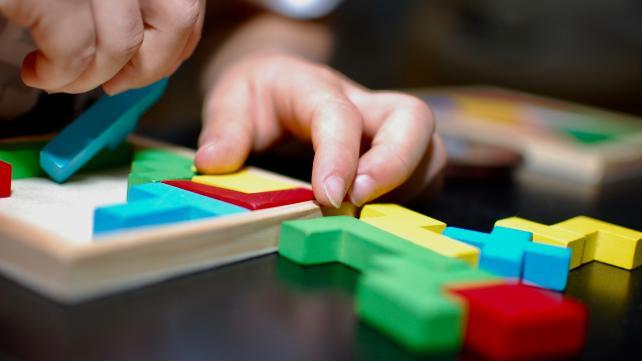
In a world where information, opinions and agendas are everywhere, how do we support our children in navigating their education with an attentive mind and deep understanding? According to Julie Bogart, author and creator of the award-winning Brave Writer program, it begins with teaching our children the skills needed to become critical thinkers.
In her latest book, Raising Critical Thinkers: A Parent's Guide to Growing Wise Kids in the Digital Age, Bogart walks parents through a variety of strategies and activities to build critical thinking skills in children from ages five to 18.
Over three distinct parts, Bogart discusses the importance of training our children to:
- Evaluate data and information
- Question stories and perspectives
- Distinguish facts from interpretations
- Problem solve
- Investigate what lies beneath their own assumptions, beliefs, and biases
- And create the kinds of conditions that support deep reading, thinking, and self-reflection
Whether your children are enrolled in private school, public school, or homeschooled, Bogart makes the case for critical thinking being an invaluable skill that will help our children develop not just in their educational pursuits but also in their personal lives.
In the book, Bogart asks and answers some important questions. “How do we understand the meaning kids make for themselves? How do we help them reason more effectively and compassionately? How do we set the table to generate fresh insight rather than recycle what’s been taught? How can we lead our learners to think more deeply, thoughtfully, and imaginatively about everything in their world?”
One chapter I greatly appreciated was the one on self-awareness and its role in critical thinking. Here, Bogart argues that instead of expecting our children to get answers “right,” we can provide conditions for our children to gain their own insights into their learning and thought processes and make meanings for themselves instead.
Practices such as allowing them to draw their own conclusions, assess opinions, and consider different perspectives are all valuable toward helping children gain more clarity as to why they think and act the way they do.
A big part of this work as parents is being humble enough to hear out our children’s questions and consider their differing opinions with curiosity rather than contempt. To dig deeper into their minds with open conversations rather than dismiss their ideas with disinterest.
In short, we ourselves need to also be critical thinkers. This read is a step in that direction.
Melissa Barreto is a home educating mother of five children and the Co-Founder of Wildflower Homeschool Collective, a homeschool organization based in Northern New Jersey.



Add new comment